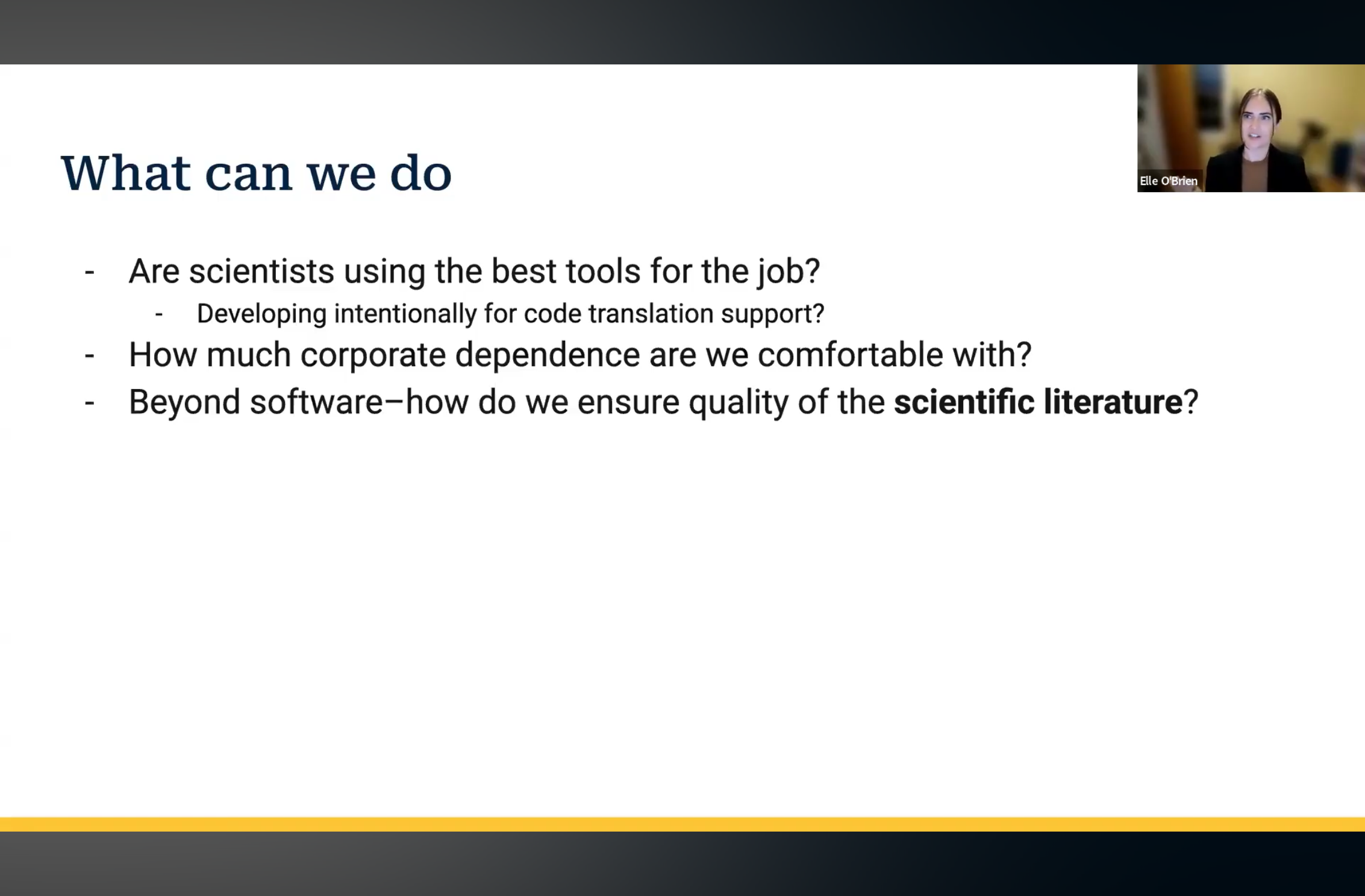2025-11-17 07:46:18
Is #AI really just dumb statistics? "Olympiad-level physics problem-solving presents a significant challenge for both humans and artificial intelligence (AI), as it requires a sophisticated integration of precise calculation, abstract reasoning, and a fundamental grasp of physical principles," says the (abstract of the) paper https://arxiv.org/abs/2511.10515: "The Chinese Physics Olympiad (CPhO), renowned for its complexity and depth, serves as an ideal and rigorous testbed for these advanced capabilities. In this paper, we introduce LOCA-R (LOgical Chain Augmentation for Reasoning), an improved version of the LOCA framework adapted for complex reasoning, and apply it to the CPhO 2025 theory examination. LOCA-R achieves a near-perfect score of 313 out of 320 points, solidly surpassing the highest-scoring human competitor and significantly outperforming all baseline methods." Oops ...?








